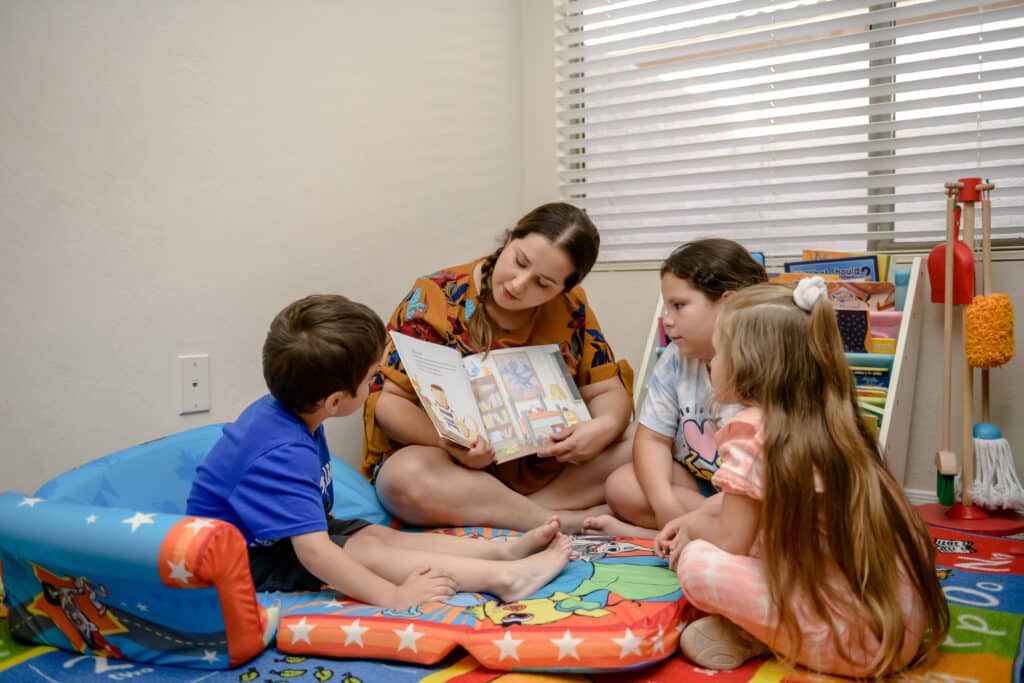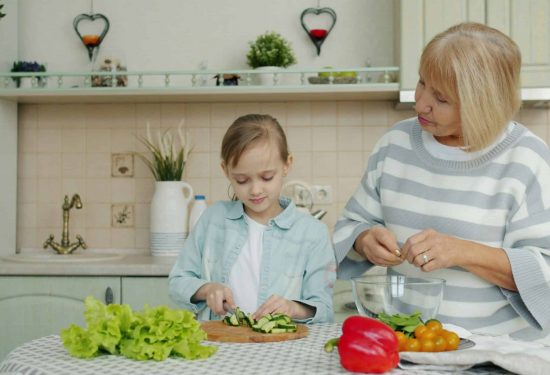Many families throughout the United States use family, friend, and neighbor (FFN) care. FFN providers are essential members in the early childhood education (ECE) ecosystem, along with licensed, center-based and home-based care. They provide care that is valued by parents and fill gaps for care in locations with limited licensed ECE programs. However, FFN providers and the strengths and contributions they offer to families and children are often overlooked by policymakers and other stakeholders because they frequently operate outside of the public systems. Home Grown contracted with Mathematica to conduct the Understanding the Strengths of Family, Friend, and Neighbor Child Care project to identify the strengths and limitations of FFN care and the needs of FFN providers. The study also aimed to inform considerations for future measures to assess FFN quality.
Report: Understanding the Strengths of Family, Friend, and Neighbor Care

October 16, 2025
Home-based child care providers share feedback and insight on their experiences with legislative visits during the 2025 August recess.
October 9, 2025
Families and child care providers are being squeezed as pandemic-era supports expire and federal funding stalls. Across the country, home-based providers are struggling to stay open amid lower reimbursements and rising costs. Without stronger federal investment in the Child Care and Development Block Grant (CCDBG), tens of thousands of children could lose access to care.


